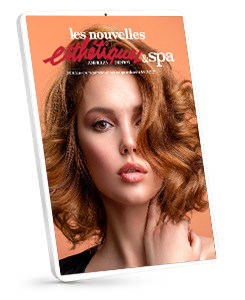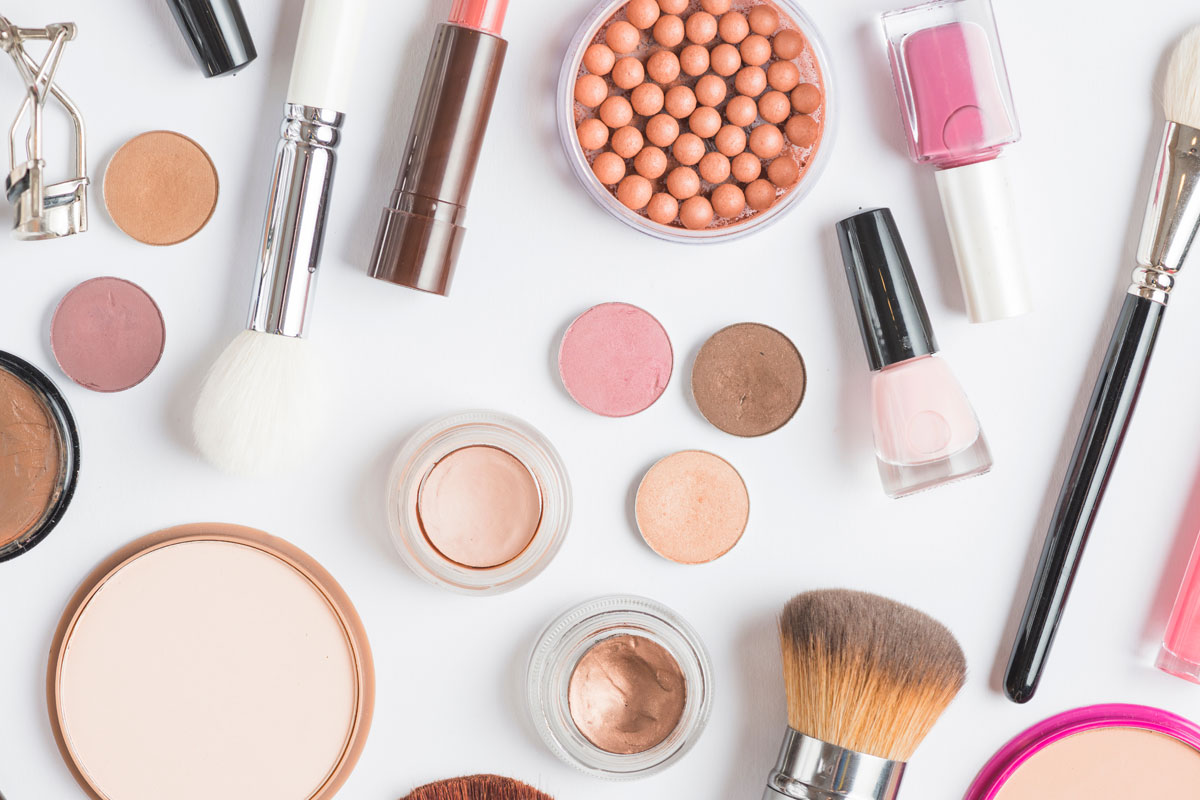Diving into the world of makeup
Makeup, even in the age of widespread mask-wearing, remains a driving medium of the worldwide beauty experience. Social media content and tutorials continue to garner millions of followers, generating billions of dollars’ worth of cosmetic sales. With all this instruction, one might think that it’s easy for the consumer to buy and use makeup without a professional’s help. It isn’t. And that’s good news for aspiring and working makeup professionals.
You may be thinking of developing your makeup skills to add to your current offerings or go in a different direction as a beauty professional. Whether you’re in a spa/salon setting or plan to work freelance, there are lucrative opportunities in specialties like bridal, commercial (for print and film), and, in certain markets, television and film/movie makeup.
Unfortunately, most esthetics and cosmetology programs barely touch upon training in makeup application, and the standard textbooks don’t reflect modern makeup formulas or even the diversity of American culture. It’s not a surprise to hear an esthetician say that “I didn’t learn much about makeup in school.”
So how do you get the training to acquire the skills and confidence to be successful in adding makeup to your list of services? Here’s how.
[ihc-hide-content ihc_mb_type=”show” ihc_mb_who=”2,4,5,6,7″ ihc_mb_template=”3″ ]
CONSIDER YOUR OPTIONS
The two most effective learning opportunities are first, apprenticeship, and second, enrolling in an in-person professional training program. The third, somewhat limited option – because makeup application is hands-on – is online learning.
The best way to learn the true nature and process of makeup application is to align yourself with a professional makeup artist working in your target field and willing to take you on as an apprentice or assistant. For example, if you’d like to work in bridal, contact the local bridal artists and companies and ask if they need assistance – of any kind.
When communicating, be honest and humble about where you are in your journey and make it clear that you value their time and consideration. Don’t expect to get paid for an opportunity to apprentice or intern, at least initially. These professionals are giving you valuable information in return for assisting, which could mean anything from carrying kits and washing brushes to lending a hand on an actual application.
YOUR LOCATION MATTERS
In more active markets, makeup artists who do bridal may do other related work during the week, such as makeup for commercial photographers, corporate filmmakers, and applications and lessons for private clients. In large cities with robust film and television industries like New York, Los Angeles, and Atlanta, artists may specialize in these media only.
There are several makeup schools around the country, and finding them is a matter of doing some internet research. Initially, your search results will yield a list of cosmetology schools. However, you are looking for a school that has programs in makeup primarily.
A legitimate makeup school will have a comprehensive website with contact information so that you can learn more about their programs. If they are located in states where makeup artists must be licensed, and if they’re accredited, they can rightly claim that their program leads to licensure. In states that don’t offer a license or where the state cosmetology laws are ambiguous, you might see programs that offer “certification.” That might seem like a good credential but carries little weight other than a marketing tool for your website or social media. Become familiar with the laws by visiting your state’s Board of Cosmetology website so that you know what you’re being offered by a school and to what degree their programs will qualify you to work as a makeup artist.
ONLINE LEARNING, IS IT WORTH IT?
Since the pandemic and the complete shutdown of the personal services industry, the existing library of online courses has blossomed even further as makeup professionals scramble to maintain some presence and income. Artists who had been toying with the idea of providing online learning have seen this challenge as a call to action to deliver digital content.
Online learning options can range from multi-level complete programs to specialized courses in airbrushing, color theory, and social media. This is where you must do your homework to determine that you’re getting a good return on your investment. How long has the program been in existence? Who are the instructors or artists involved? Check out their websites and social media to confirm that they have legitimate expertise and respect in the industry. Is the program or instructor associated with a brand and will they be selling to you as much as teaching? These are just some of the questions you can ask before you spend money and time.
NETWORKING IS KEY
Finally, there are communities, associations, and collectives of makeup artists. Participation in or membership in these groups can be a meaningful path to develop your network, discover programs, hear diverse opinions, and in some cases, get training from top pros in the industry.
Ultimately, no piece of paper, including a license, will guarantee you success. Instead, it will be determined by your natural skills, level of commitment to excellence in your work, and your ability to connect with and deliver excellent service to your clients.
[/ihc-hide-content]













